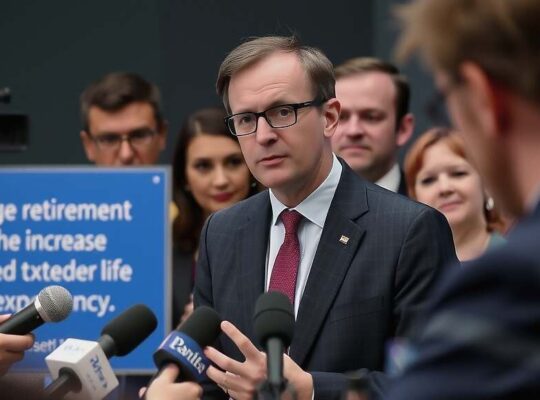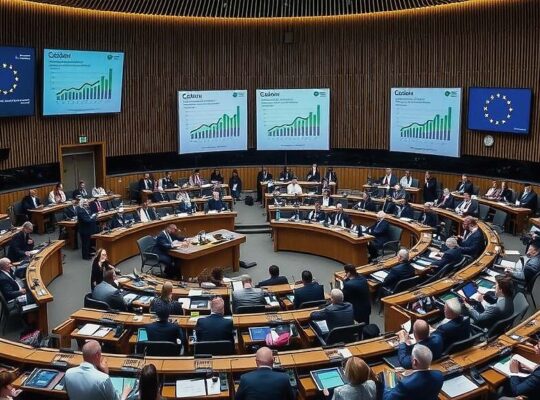A proposal for a nationwide ban on smoking in vehicles when children or pregnant women are present is facing resistance from within the German government, highlighting differing perspectives on public health policy. Simone Borchardt, the health policy spokesperson for the center-right CDU/CSU parliamentary group, has cautioned against pursuing what she calls “symbolic” measures, arguing that a comprehensive and systematic approach to tackling tobacco use is required.
Several federal states are preparing to reintroduce the legislation to the Bundesrat, the upper house of parliament, for a vote on September 26th. Should the Bundesrat approve the measure, it would then be passed to the Bundestag for consideration.
Borchardt contends that a ban solely targeting smoking in cars would be ineffective, emphasizing that children are frequently exposed to tobacco smoke in other environments. She advocates for broader initiatives including public awareness campaigns, preventative programs and support for those seeking to quit smoking.
However, the debate extends beyond parliament. Klaus Reinhardt, President of the Federal Medical Association, strongly supports the proposed ban, stating that passive smoking poses a significant health risk, particularly for unborn children, children and adolescents. He believes that when personal responsibility fails, state intervention is necessary, citing potentially harmful levels of particulate matter from tobacco smoke in vehicles.
Carola Reimann, Chairwoman of the AOK health insurance fund, similarly expressed the need for legal restrictions to protect vulnerable groups. She argued for measures targeting those who consistently disregard the risks of passive smoking.
The debate isn’s solely focused on the merits of the legislation, though. Jochen Kopelke, federal chairman of the German Police Union (GdP), raised concerns over the practicalities of enforcement. He suggested that the ban’s effectiveness hinges on consistent police checks, which would require increased staffing levels – a resource the GdP believes is currently lacking. The ultimate impact of the proposed ban, Kopelke stated, will depend on the policy decisions made by lawmakers regarding resources and enforcement.












